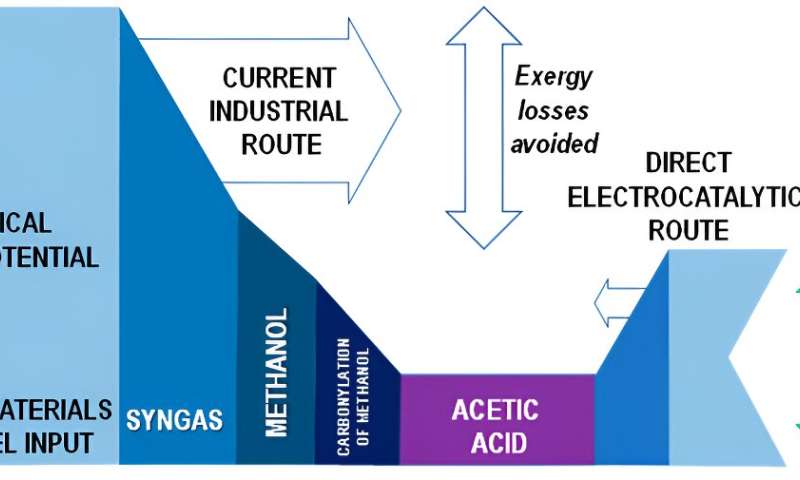The DECADE Project: Catalysis for e-Chemistry

The prospects, needs, and limits in current approaches in catalysis to accelerate the transition to e-chemistry, where this term indicates a fossil fuel-free chemical production, are discussed.
It is suggested that e-chemistry is a necessary element of the transformation to meet the net zero emissions targets by the year 2050 and that this conversion from the current petrochemistry is feasible. However, accelerating catalytic technologies based on renewable energy sources (indicated as reactive catalysis) is necessary, evidencing that these are part of a system of changes and thus should be assessed from this perspective.
However, it is perceived that the current studies in the area are not properly addressing the need to develop the catalytic technologies required for e-chemistry, presenting a series of relevant aspects and directions in which research should be focused to develop the framework system transformation necessary to implement e-chemistry.
The DECADE project proposes a new photoelectrocatalytic (PEC) approach for the conversion of CO2 avoiding water oxidation as an anodic reaction to overcome the current limits in the PEC system and to maximize effective energy utilization.
The project partnership has a strong industrial character but comprises top-level scientists in the area and international collaboration with Japan to allow the best possible benchmarking for the novel approach developed.
The study is published in the journal ACS Catalysis.
More information:
Georgia Papanikolaou et al, Catalysis for e-Chemistry: Need and Gaps for a Future De-Fossilized Chemical Production, with Focus on the Role of Complex (Direct) Syntheses by Electrocatalysis, ACS Catalysis (2022). DOI: 10.1021/acscatal.2c00099
Provided by European Research Institute of Catalysis